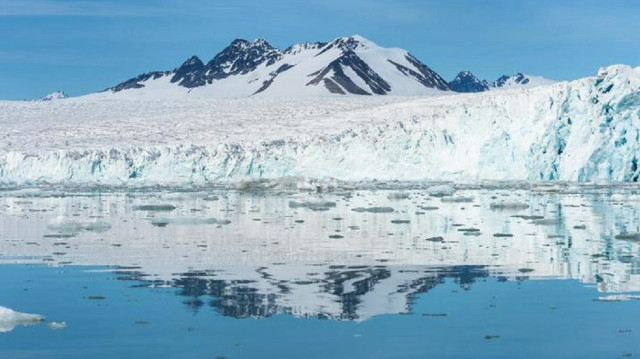
Ancient ice expected to provide insights into evolution of Earth's atmosphere and climate
An international team of scientists announced Thursday that they drilled a 2.8-kilometer (2-mile) ice core, reaching the bedrock beneath the Antarctic ice sheet.
Ancient ice samples are expected to provide, for the first time, insights into the evolution of Earth's atmosphere and climate history, extending beyond 800,000 years and potentially offering a continuous record spanning up to 1.2 million years or more, according to the press release in National Research Council of Italy.
"This achievement was made possible through the extraordinary collaboration of various European research institutions and the dedicated work of scientists and logistical personnel in the field over the last ten years," stated Carlo Barbante, professor at Ca' Foscari University of Venice, a senior associate member of the National Research Council of Italy.
"This is the longest continuous record of our past climate from an ice core, and it can reveal the interlink between the carbon cycle and temperature of our planet," said Barbante.
The ice core will provide new insights into the Mid-Pleistocene Transition, a remarkable period between 900,000 and 1.2 million years ago when glacial cycles changed from 41,000-year to 100,000-year intervals.
The cause of this shift remains a major mystery in climate science, which this drilling project aims to uncover.
"We have marked a historic moment for climate and environmental science," added Carlo Barbante.
Hello, the comments you share on our site are a valuable resource for other users. Please respect other users and different opinions. Do not use rude, offensive, derogatory, or discriminatory language.
The floor is all yours.








